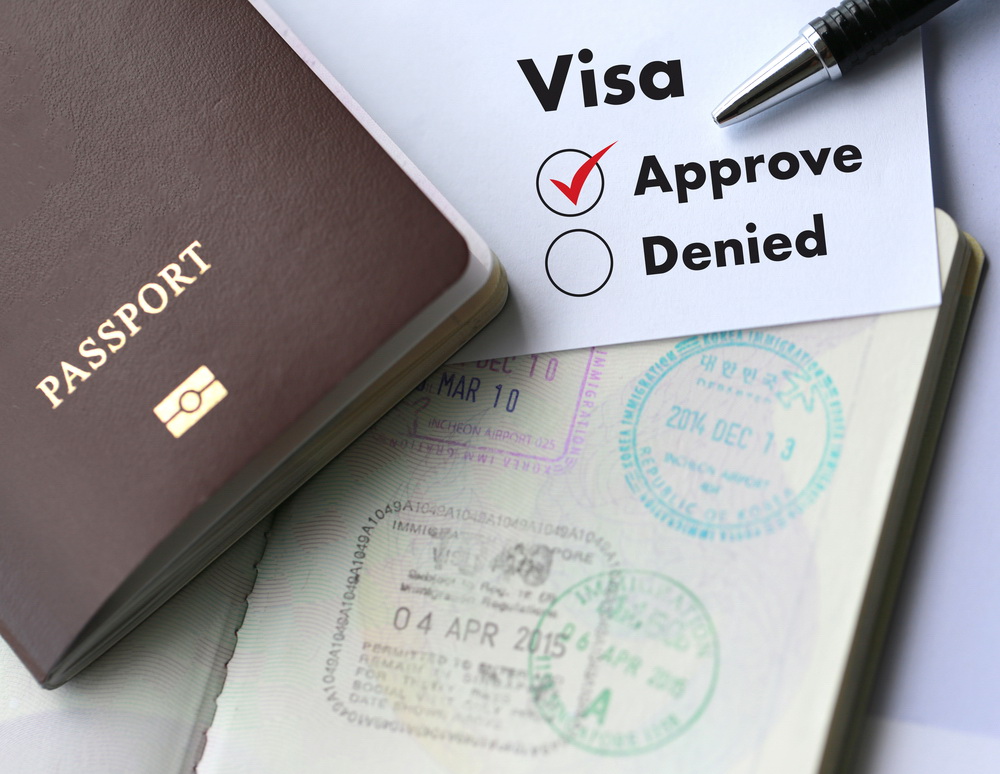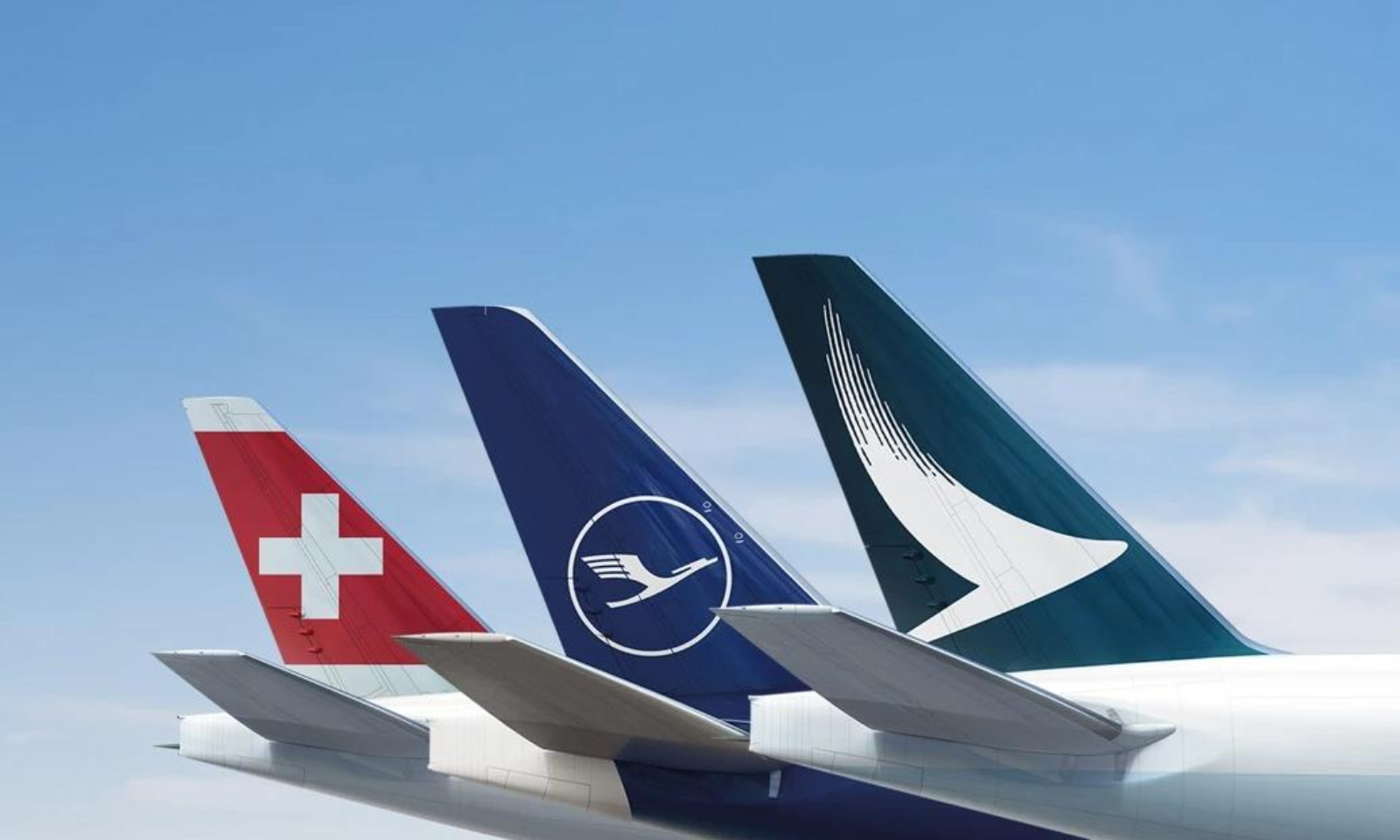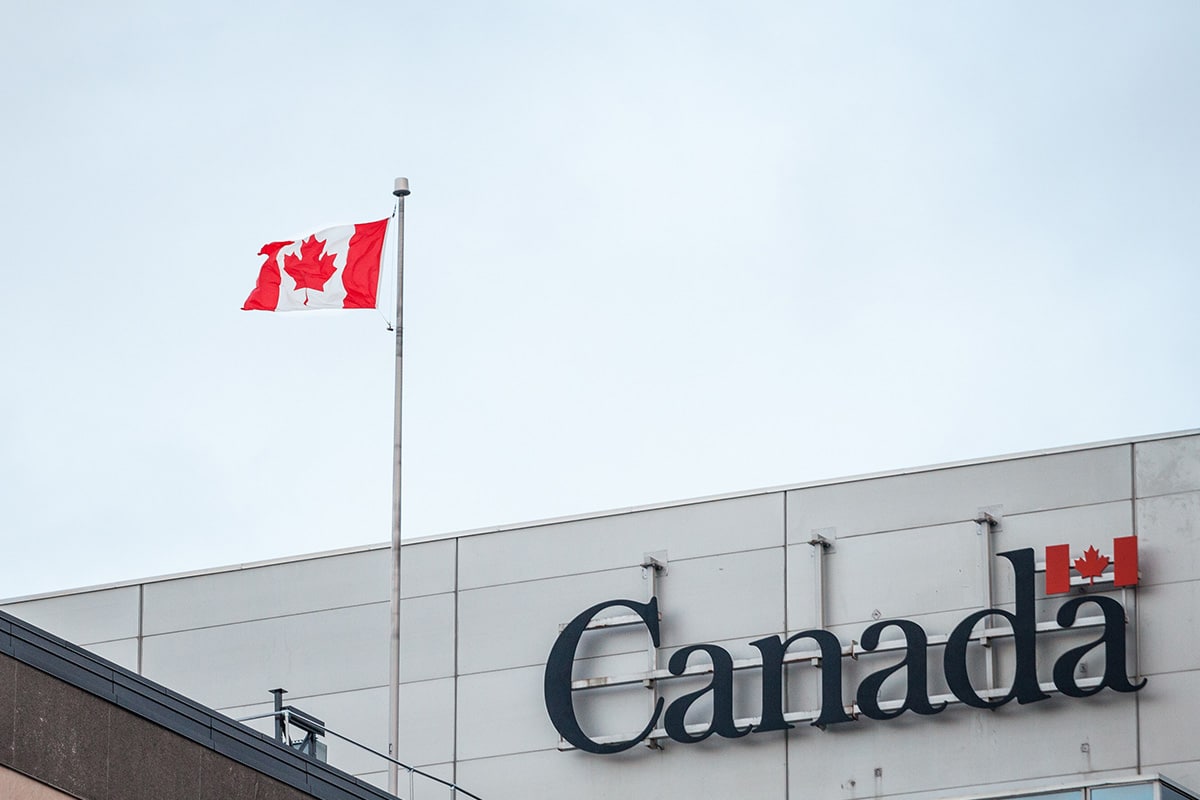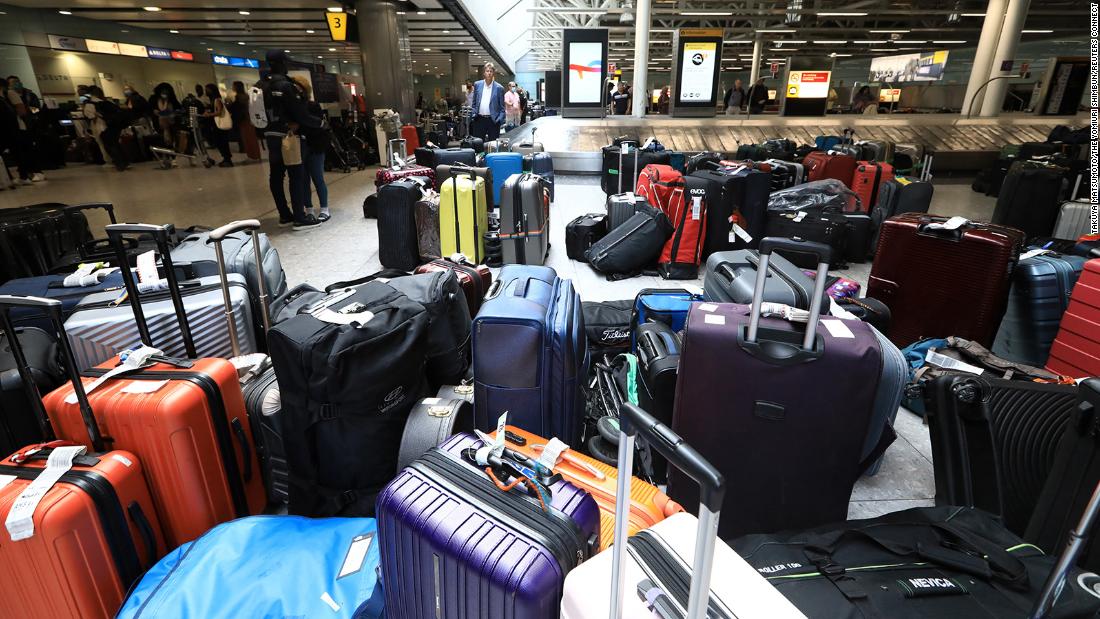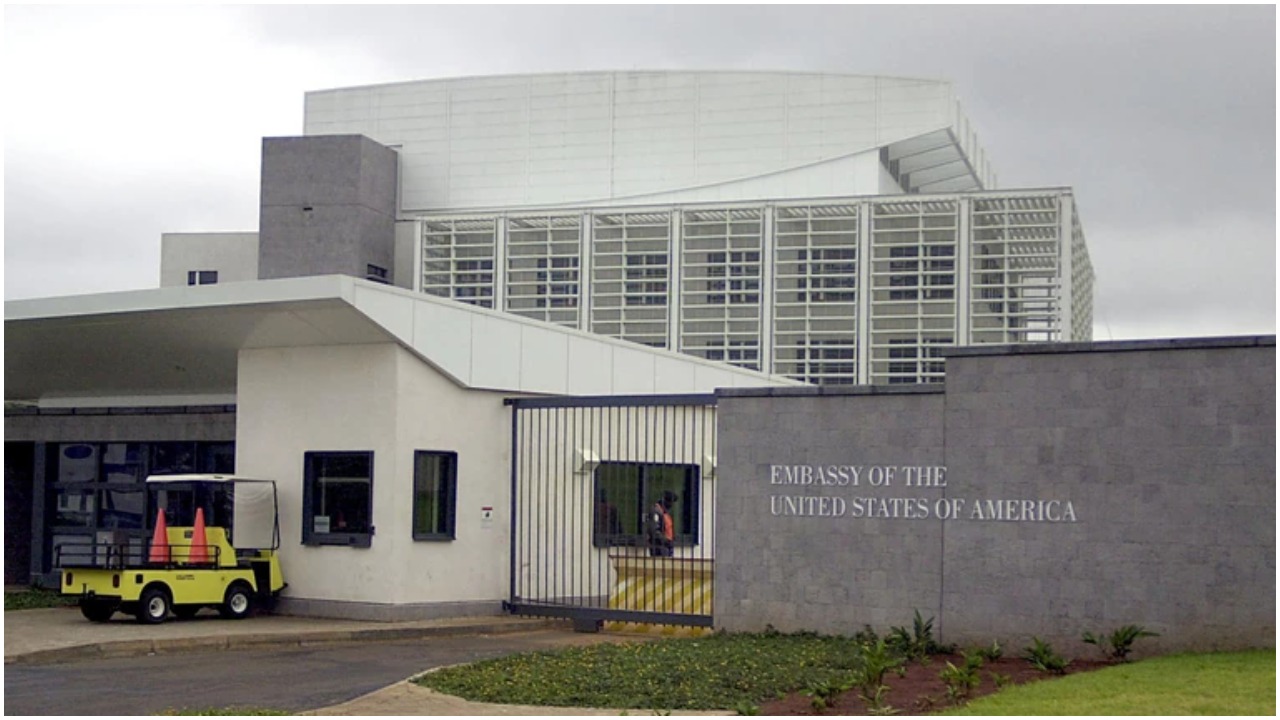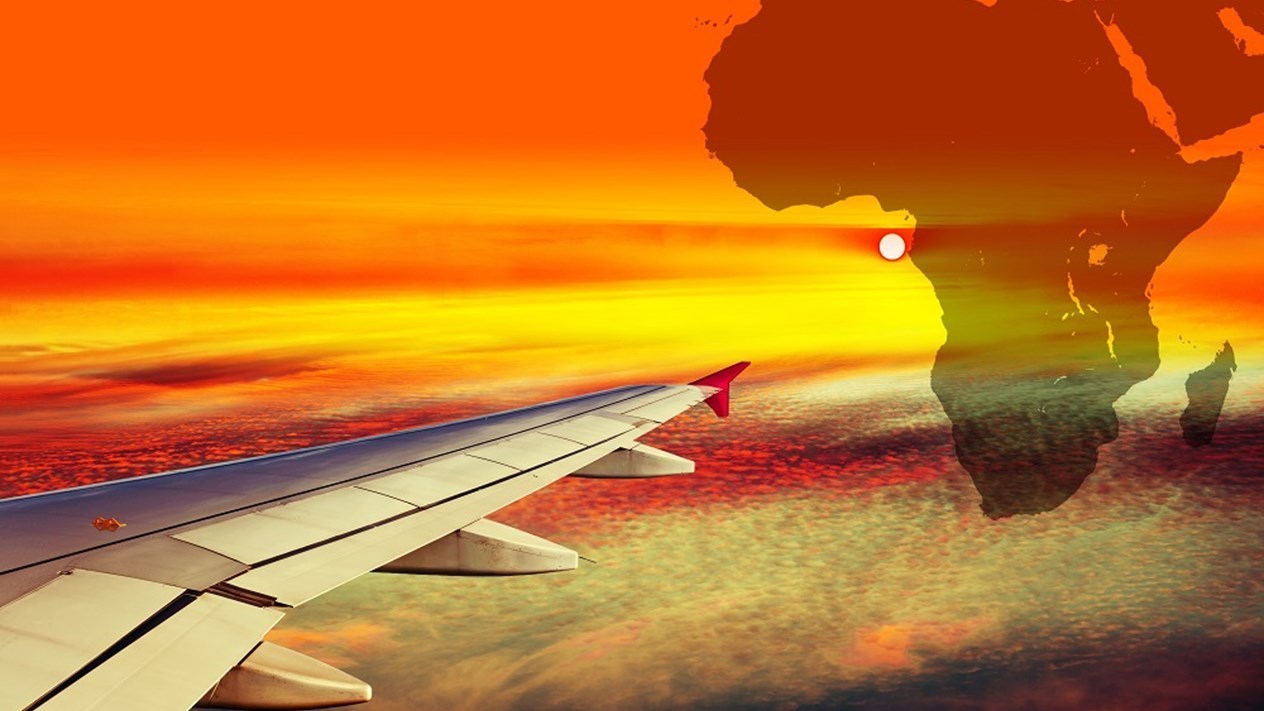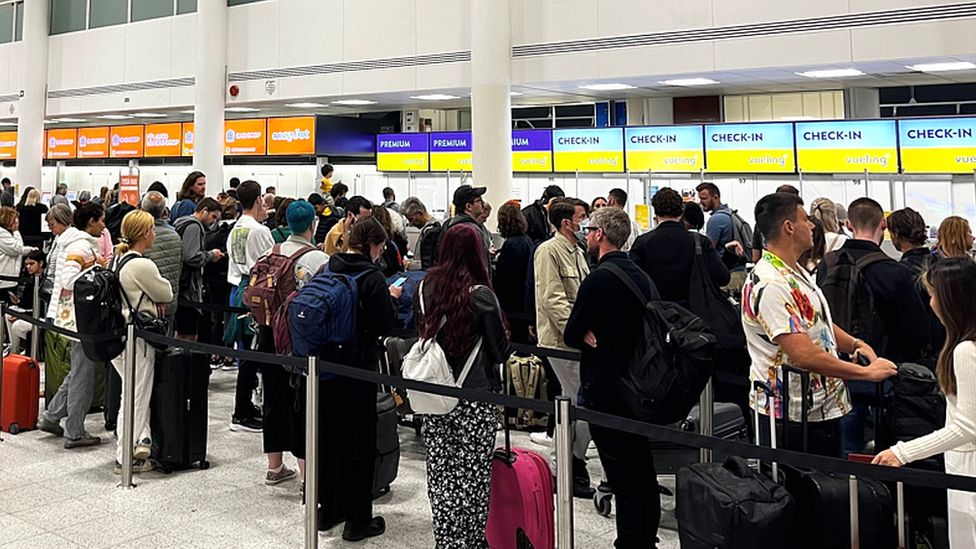Kenyans seeking to travel to different destinations across the world are always forced to cut short their trips due to Visa-related hitches that can be avoided in the application process.
The issue involving Africa’s fastest man, Ferdinard Omanyala, who is set to take part in 100m championships in Oregon in the US, lifted the lid on the headache and stress most Kenyans face while planning their journeys.
Other than obtaining a passport, some countries require Kenyan travellers to apply for a Visa, which comes at a fee.
The basic requirements in filling visa forms include family and given name, gender, date of birth, country of passport, passport number, passport date of issue and passport date of expiry, as well as place of issue.
Most travellers receive their approved e-Visas within 72 hours of application.
Common Mistakes
Kenyans are in most cases denied Visas due to mistakes made while completing the application forms or for leaving out some crucial information.
Different embassies expect Kenyans to provide exact details that match those in their passports. Any differences in spelling lead to automatic rejection of the application.
Most Kenyans make mistakes when filling in passport number, date of issue and expiry date fields. Mistakes are made when copying the digits and this may deem the whole process null and void.
Most embassies do not accept any applications with missing information.
While completing the Visa form, Kenyan travellers must upload an image of their passport, a recent passport-size photograph, and proof of travel. Failing to fill the form as stated amounts to disqualification.
Embassies reject applications with passports that do not show all the information clearly. The use of flashlights should be avoided as it causes reflections affecting the clarity of communication.
Others miss out by failing to present the correct size of a passport-size photograph, which does not align with the format stated in the application form.
The proof of travel relevant to the applicant’s reason for visiting should be uploaded. Tourists require a hotel reservation and onward flight tickets. Failing to present the evidence of travel calls for immediate disqualification by any given Embassy.
Kenyans travelling for other purposes such as medical and business must also upload corresponding documentation. Failure to do so prevents the Visa from being approved.
Options for Kenyans who have been denied Visas
Based on the issue, Kenyans who are blocked from travelling due to Visa hitches are given second chances by Embassies and consulates.
Those with mistakes are allowed to correct any errors they made before submitting new requests.
However, the Visa application fee is non-refundable. For any new application, Kenyans must pay the required fee again.
If the process is rejected, Kenyans who apply through travelling agencies may be refunded some of the application fees.
A Visa still does not guarantee a Kenyan entry to the country of destination. The permit only indicates that a Kenyan traveller is eligible to enter the other country abroad.
Immigration officers conduct inspections and determine whether a Kenyan may enter the country based on immigration laws.
Visas validity varies with the country. An entry Visa to Kenya is valid for a period of three months from the day it was issued.
However, there has been a global delay in the processing of visas and this has affected millions of travellers.
The British High Commissioner to Nairobi, Jane Marriott, recently admitted that her office was overwhelmed by the growing demand and the backlog created during the pandemic.
Marriott advised Kenyans to apply for their visas six weeks before the travel date to give the Embassy ample time to process them.
She emphasised that Kenyans were not the only ones affected by the delayed process.
“I know how inconvenienced many of you are. I am sorry. It is a global challenge, not a Kenyan problem only,” the envoy stated.
Source: Kenyans

